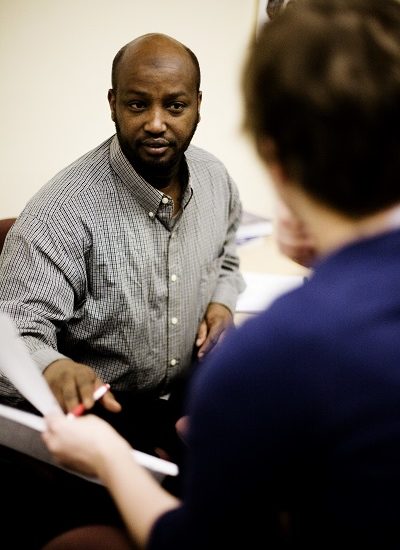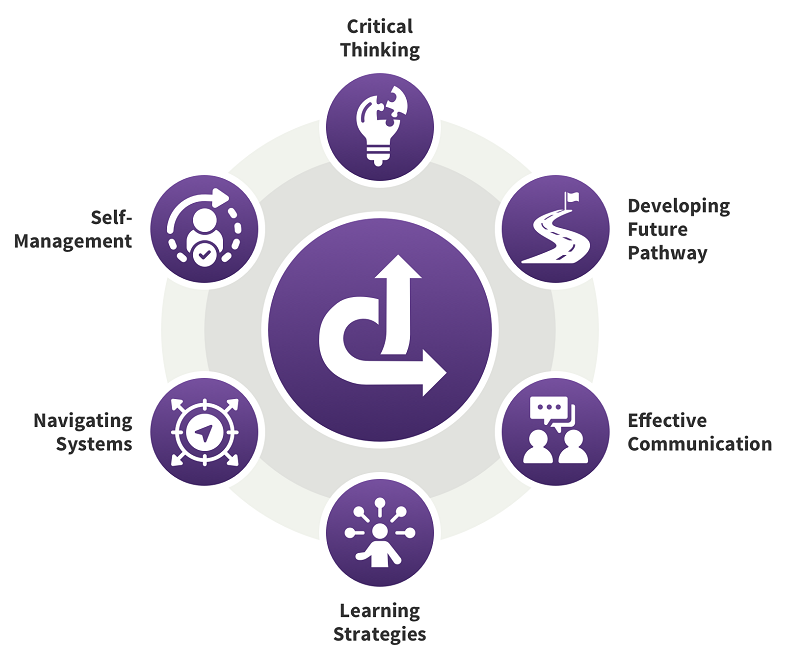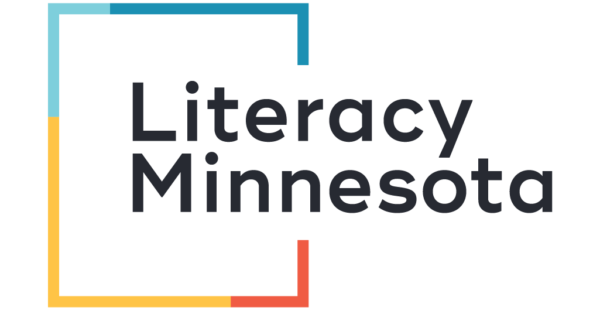Information/Media Literacy: More Important Than Ever!
Don't believe everything you read! Information is coming at our students at a very rapid pace from many different sources. With that in mind, it is more important than ever to give them the strategies and tools to effectively analyze and evaluate all of this data. Read More




